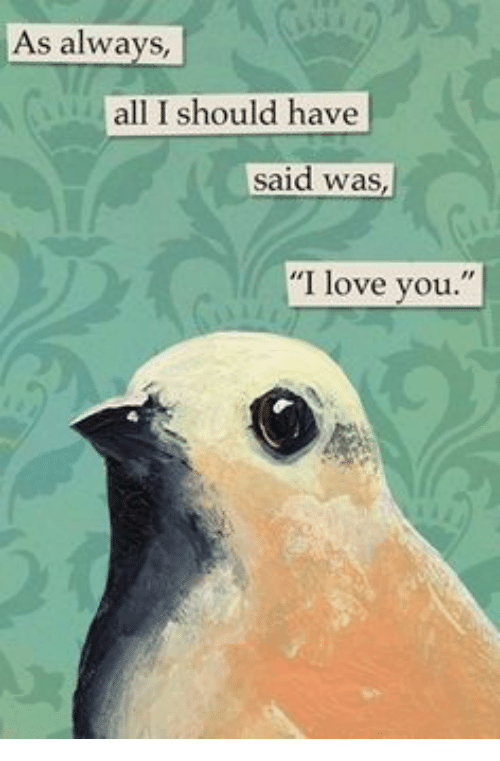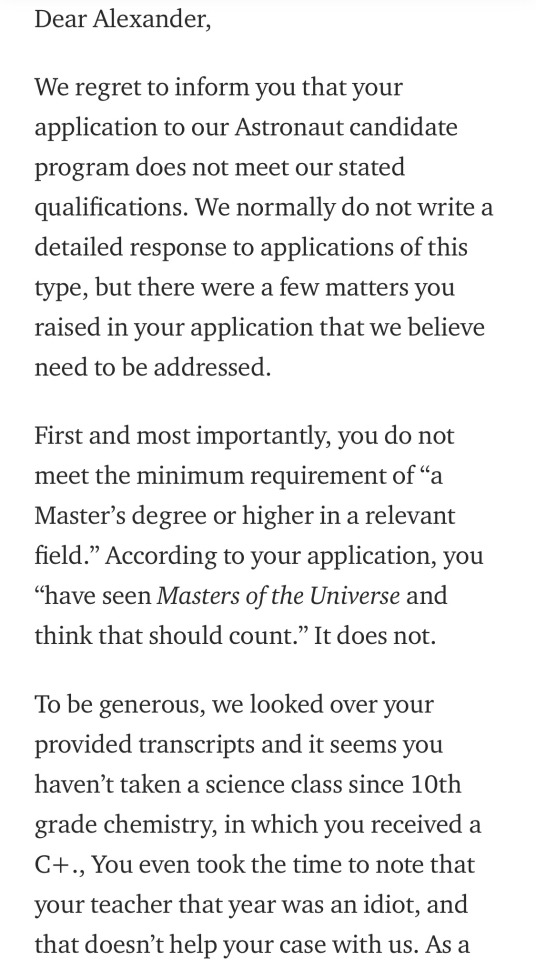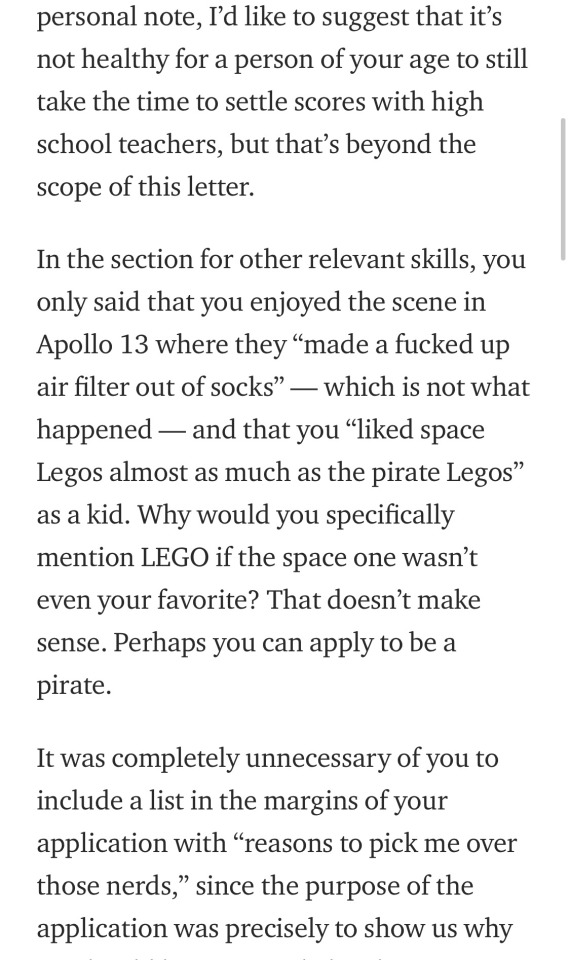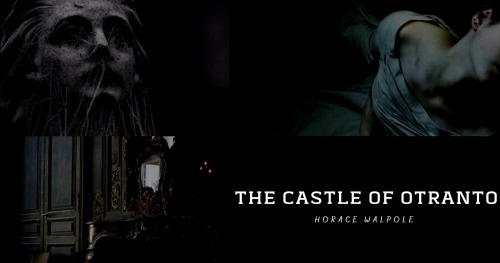[laying Down From A Stab Wound, Clutching My Stomach As I Bleed Out Onto The Cold Marble Floor Beneath
[laying down from a stab wound, clutching my stomach as i bleed out onto the cold marble floor beneath me, in the arms of a suspiciously close friend] haha ... are we about to kiss rn??
More Posts from Faunjo and Others
If We Were Villains characters as troubled birds
Oliver

Meredith

Richard

Wren

Alexander

Filippa

James

While watching the Tinkerbell film franchise we can see that pixie hollow functions differently to our own society, for example while all the fairys work in assigned jobs, we never see any evidence that they receive money for their work, furthermore we never see any fairys spending money, however they seem to have all their essentials provided for them. When Tinkerbell arrives at pixie hollow she is assigned a house, and we see that each fairy receives a daily ration of pixie dust. Even when Tinkerbell abandons her job in the first movie we still see her receiving pixie dust. By watching the films critically we can deduce that pixie hollow is a communist utopia that uses no form of currency. In this essay I will






the trouble is, you think you have time.
GONCHAROV (1973) dir. Martin Scorsese















so I was translating the Iliad and of course I had to end up crying again
why?
well, first of all, there’s something important about the Iliad: it’s very common that a certain verse appears a lot of times in the poem (for example, “and thus, X said” or “and then, black death took over his corpse”) because the Iliad and the Odyssey were oral poems. Those verses made it easier for the poet to remember the rest, a bit like the chorus of a song.
Okay. So. In the book 2 of the Iliad, Achilles is with his mother, and he’s crying because Agamemnon has offended him. And Thetis says: τί δέ σε φρένας ἵκετο πένθος; ἐξαύδα, μὴ κεῦθε νόῳ, ἵνα εἴδομεν ἄμφω. (Son, what sorrow has taken over your heart? speak, don’t hide it in your heart, so we both know).
Then we move forward to book 16. Homer shows us a four verse long simile describing Patroclus’ tears: he cries warm tears like a dark fountain pours its waters over a cliff. Achilles gets worried about him (because who would like seeing the love of his life crying like that? not me, not Achilles) and Achilles asks him why is he crying, and says: ἐξαύδα, μὴ κεῦθε νόῳ, ἵνα εἴδομεν ἄμφω. The exact same verse.
And! then! there’s book 18. Patroclus has died, and Achilles is completely devastated. His mother appears quickly at his side, and, alarmed, says: τέκνον τί κλαίεις; τί δέ σε φρένας ἵκετο πένθος; ἐξαύδα, μὴ κεῦθε. (Son, why are you crying? what sorrow has taken over your heart? speak, don’t hide it). Yes, this same verse again.
Think about it. The very words Achilles had comforted Patroclus with, Thetis has to repeat them to comfort her son again. At first, he was crying because he was offended; then he cries because, as a consequence of that offence, he’s lost the person whom he loved more than his own life.
Intertextuality in the Iliad is absolutely fascinating and heartbreaking and I’m not okay
the overwhelming urge to know latin, french, italian, greek, and russian is consuming me






literature → gothic
Darkly academic research ideas for your time indoors (because you're not a heathen):
The lives of great classical composers.
Ancient Egypt's social hierarchy and attitudes towards women, homosexuality etc.
Poisons.
The tea trade, and how it became so important to British culture.
18th century fashion and the production of clothing.
How corsets aren't the terrible patriarchal torture devices everyone thinks they are.
The use of recreational drugs in the late 19th century.
The French revolution.
Methods of forensic investigation at crime scenes.
Controversy in psychological studies.
Matriarchal societies.
How nostalgia influences fashion, media, and literature.
The nature versus nurture argument.
The history of trains and railroads.
Symbolism in art.
Just a few research rabbit holes to throw yourself into if you're bored. :)
-
 sweettreetrash liked this · 2 months ago
sweettreetrash liked this · 2 months ago -
 thisacidreign liked this · 4 months ago
thisacidreign liked this · 4 months ago -
 idrisofficial reblogged this · 9 months ago
idrisofficial reblogged this · 9 months ago -
 keeperofsecretsunderthehill liked this · 1 year ago
keeperofsecretsunderthehill liked this · 1 year ago -
 saphicrebel0 reblogged this · 1 year ago
saphicrebel0 reblogged this · 1 year ago -
 the-sycophant liked this · 1 year ago
the-sycophant liked this · 1 year ago -
 floresitass reblogged this · 1 year ago
floresitass reblogged this · 1 year ago -
 prayingmanits liked this · 1 year ago
prayingmanits liked this · 1 year ago -
 lxversarcana liked this · 1 year ago
lxversarcana liked this · 1 year ago -
 pinemothhs liked this · 1 year ago
pinemothhs liked this · 1 year ago -
 electricbluenb liked this · 1 year ago
electricbluenb liked this · 1 year ago -
 howulu reblogged this · 1 year ago
howulu reblogged this · 1 year ago -
 floresitass liked this · 1 year ago
floresitass liked this · 1 year ago -
 pnppcl liked this · 1 year ago
pnppcl liked this · 1 year ago -
 sunlighttrash liked this · 1 year ago
sunlighttrash liked this · 1 year ago -
 vignete liked this · 1 year ago
vignete liked this · 1 year ago -
 sleepygaymerdisease liked this · 1 year ago
sleepygaymerdisease liked this · 1 year ago -
 kazumasougi liked this · 1 year ago
kazumasougi liked this · 1 year ago -
 forffax liked this · 1 year ago
forffax liked this · 1 year ago -
 leafeonb reblogged this · 1 year ago
leafeonb reblogged this · 1 year ago -
 frannziska liked this · 1 year ago
frannziska liked this · 1 year ago -
 blappel reblogged this · 1 year ago
blappel reblogged this · 1 year ago -
 hauntedfalcon liked this · 1 year ago
hauntedfalcon liked this · 1 year ago -
 piratespencil liked this · 1 year ago
piratespencil liked this · 1 year ago -
 shitphobe420blazeit reblogged this · 1 year ago
shitphobe420blazeit reblogged this · 1 year ago -
 shitphobe420blazeit liked this · 1 year ago
shitphobe420blazeit liked this · 1 year ago -
 closetgremlin liked this · 1 year ago
closetgremlin liked this · 1 year ago -
 coffeedumpling liked this · 1 year ago
coffeedumpling liked this · 1 year ago -
 distriburritor liked this · 1 year ago
distriburritor liked this · 1 year ago -
 wrunic reblogged this · 1 year ago
wrunic reblogged this · 1 year ago -
 wrunic liked this · 1 year ago
wrunic liked this · 1 year ago -
 humanbeanisnotamused reblogged this · 1 year ago
humanbeanisnotamused reblogged this · 1 year ago -
 marymauk reblogged this · 1 year ago
marymauk reblogged this · 1 year ago -
 coleblackblood liked this · 2 years ago
coleblackblood liked this · 2 years ago -
 snowybrambles liked this · 2 years ago
snowybrambles liked this · 2 years ago -
 deckerstarareotp liked this · 2 years ago
deckerstarareotp liked this · 2 years ago -
 michaelormewood reblogged this · 2 years ago
michaelormewood reblogged this · 2 years ago -
 gridslut liked this · 2 years ago
gridslut liked this · 2 years ago -
 nazali reblogged this · 2 years ago
nazali reblogged this · 2 years ago -
 what-in-gay-nation liked this · 2 years ago
what-in-gay-nation liked this · 2 years ago -
 jesslikeafox reblogged this · 2 years ago
jesslikeafox reblogged this · 2 years ago -
 rangraiza liked this · 2 years ago
rangraiza liked this · 2 years ago -
 the-child-of-the-cosmos reblogged this · 2 years ago
the-child-of-the-cosmos reblogged this · 2 years ago -
 floralfield69 reblogged this · 2 years ago
floralfield69 reblogged this · 2 years ago -
 celldeath4 liked this · 2 years ago
celldeath4 liked this · 2 years ago -
 stxend reblogged this · 2 years ago
stxend reblogged this · 2 years ago -
 smilesleepandspeak reblogged this · 2 years ago
smilesleepandspeak reblogged this · 2 years ago
